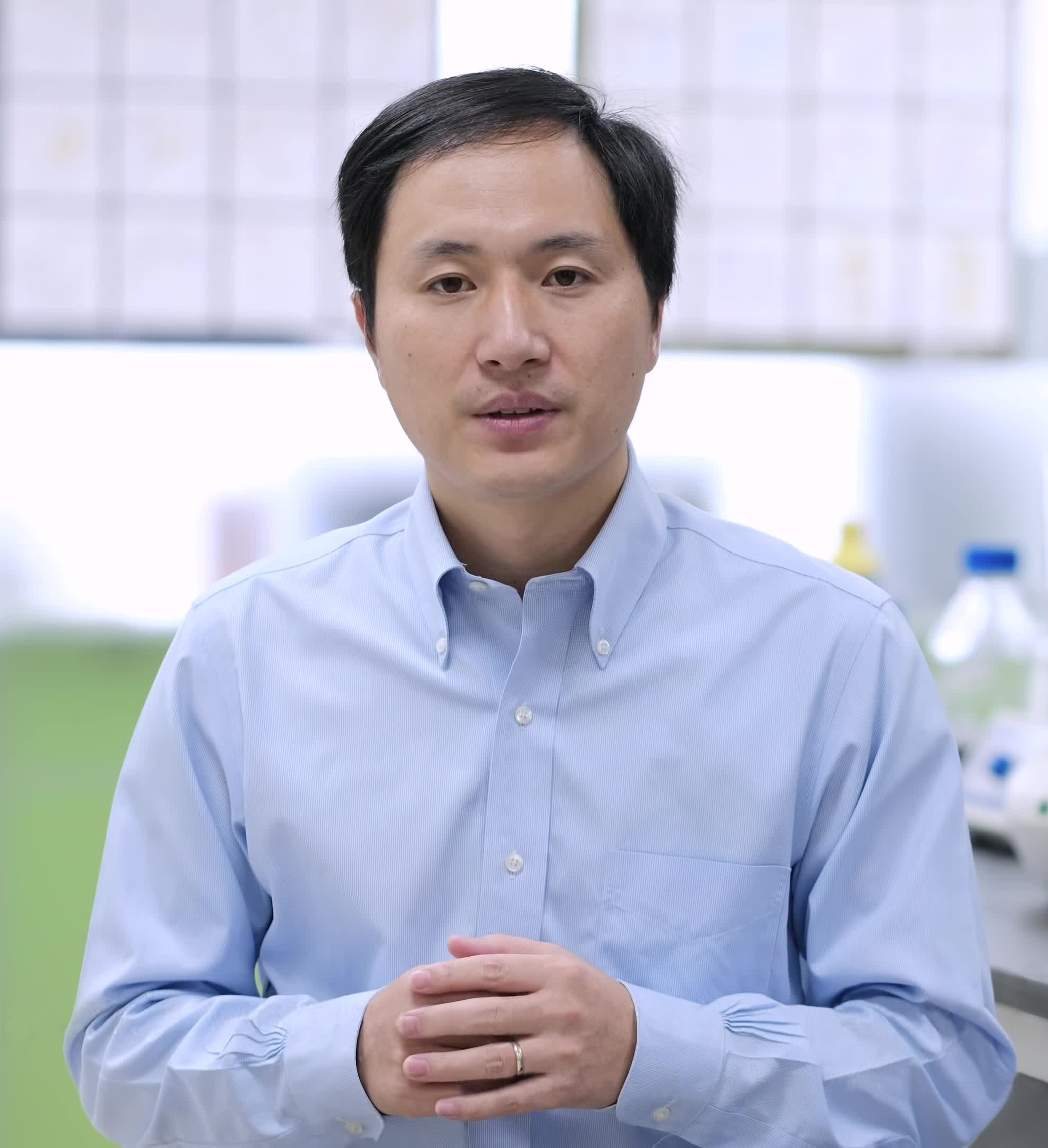Chinese Scientist Who Genetically Edited Babies Gets 3 Years in Prison
By Sui-Lee Wee,
The New York Times
| 12. 30. 2019
A court in China on Monday sentenced He Jiankui, the researcher who shocked the global scientific community when he claimed that he had created the world’s first genetically edited babies, to three years in prison for carrying out “illegal medical practices.”
In a surprise announcement from a trial that was closed to the public, the court in the southern city of Shenzhen found Dr. He guilty of forging approval documents from ethics review boards to recruit couples in which the man had H.I.V. and the woman did not, Xinhua, China’s official news agency, reported. Dr. He had said he was trying to prevent H.I.V. infections in newborns, but the state media on Monday said he deceived the subjects and the medical authorities alike.
Dr. He, 35, sent the scientific world into an uproar last year when he announced at a conference in Hong Kong that he had created the world’s first genetically edited babies — twin girls. On Monday, China’s state media said his work had resulted in a third genetically edited baby, who had been previously undisclosed.
Dr. He...
Related Articles
By Diaa Hadid and Shweta Desai, NPR | 01.29.2026
MUMBRA, India — The afternoon sun shines on the woman in a commuter-town café, highlighting her almond-shaped eyes and pale skin, a look often sought after by couples who need an egg to have a baby.
"I have good eggs,"...
By George Janes, BioNews | 01.12.2026
A heart attack patient has become the first person to be treated in a clinical trial of an experimental gene therapy, which aims to strengthen blood vessels after coronary bypass surgery.
Coronary artery bypass surgery is performed to treat...
By Staff, ScienceDaily | 01.05.2026
Scientists at UNSW Sydney have developed a new form of CRISPR technology that could make gene therapy safer while also resolving a decades-long debate about how genes are switched off. The research shows that small chemical markers attached to DNA
...
Following a long-standing CGS tradition, we present a selection of our favorite Biopolitical Times posts of the past year.
In 2025, we published up to four posts every month, written by 12 authors (staff, consultants and allies), some in collaboration and one simply credited to CGS.
These titles are presented in chronological order, except for three In Memoriam notices, which follow. Many more posts that are worth your time can be found in the archive. Scroll down and “VIEW...




